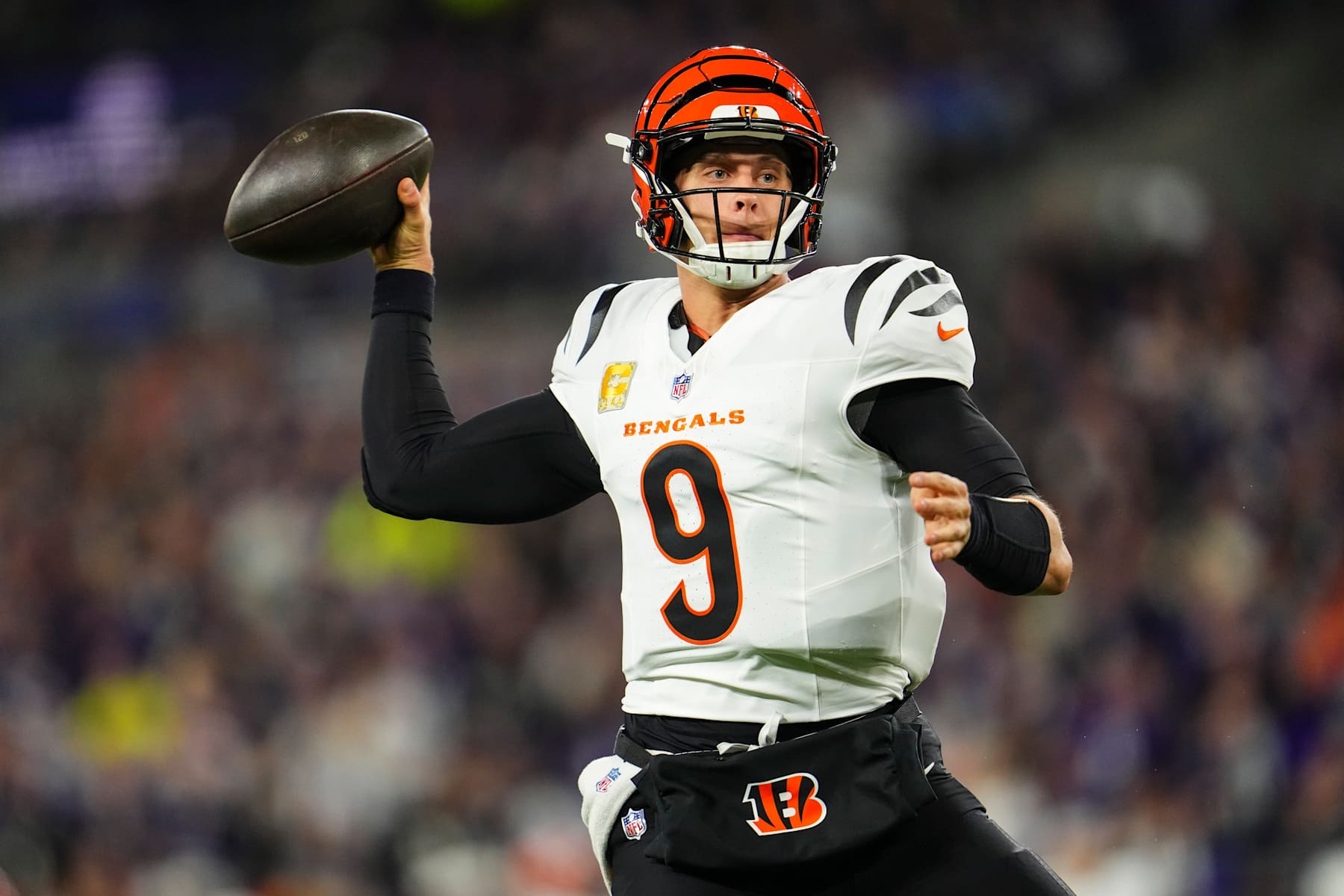
Eighteen years ago Wigan and Bath met in two eye-catching games in a much-hyped “Clash of the Codes” contest between club heavyweights of both rugby league and union . More than 60,000 turned up to watch and Sky broadcasted them live as the two clashed six months after union had finally gone fully professional. In those high-scoring matches, one played under league rules and the other under union laws, unsurprisingly Wigan dominated the league game and Bath were winners in the union fixture.
But the contest demonstrated once again the inherent similarities of the two rugbys, and following it stars such as Jason Robinson, Andy Farrell and Henry Paul crossed codes. Today the sporting landscape is quite different . Both rugby codes are fighting for headlines, television income and fans.
Read Next England make four changes in team to face South Africa While football has soared to become the UK’s dominant sporting pursuit, each rugby is seeking greater relevance and cut-through in a crowded market. This weekend a group of legends from both codes will take to the field at Headingley in a bid to raise money and awareness for motor neurone disease (MND). The brainchild of Rob Burrow and Ed Slater, the “745 Game” will be a hybrid of union and league rules, hoping to become an annual event to support MND communities.
Under the hybrid laws each team will have 13 players a side, and be allowed unlimited tackles in their own half, but six tackles once the attacking team passes halfway. There will also be unlimited interchanges, uncontested scrums from knock-ons and forward passes, uncontested five-man lineouts when the ball goes into touch and two markers at the tackle. A similar hybrid contest was staged in Australia in 2015 but at a time when both codes are fighting ominous legal battles against concussion, trying to break into the North American market and bidding to increase declining revenues, it puts the prospect of a potential future merger back on the agenda.
The star debut of Joseph Sua’ali’i for the Wallabies last weekend only further emphasises the similarities that already exist. To former England international Billy Twelvetrees, who will play in the hybrid game, the connection between them is strong. “The skill set and the knowledge you have to have to play rugby is probably very similar,” he told i .
“Obviously the management and the tactical side of it is different. The fundamentals are the same – physical, play fast, intimidate the opposition, you have to be aggressive and find the space on the pitch. “A lot of things work in both codes.
You have to be tough physically and mentally to do both.” Twelvetrees is unsure if a merger is feasible, but he remains a supporter of both games. “I’m a massive fan of both codes,” he said.
Read Next The factors that will decide if Borthwick survives to the 2027 Rugby World Cup “I grew up watching Super League on Friday nights, the likes of Danny McGuire, Kevin Sinfield, Rob Burrow, Kylie Leuluai. “I do like it when people come across codes and dominate in each code, it shows the skillset you have to have to do both. They’re two really cool games.
” Rugby league was born in 1895 when clubs from northern England broke away from the Rugby Football Union and formed a rival body over the issue of player payments. Later the new code went from 15 to 13 players per team, getting rid of lineouts and replacing rucks with a play-the-ball. 129 years later the problem of professionalism no longer exists but rugby league has spread around the globe and competes with union for athletes and eyeballs in England, Australia, New Zealand and across the Pacific.
The transfer of players, coaches and knowledge has ebbed and flowed both ways for over a century and is particularly strong now. The benefits of a merger are clear. Rugby league gets the southern English market it has long craved, as well as a stronger international game, inroads in countries like South Africa, Argentina and Japan, and access to deeper corporate pockets.
Rugby union gets to tap into the northern market it desires, as well as a bigger profile in nations such as Australia and Papua New Guinea, increase its entertainment factor and call on special talents such as Nathan Cleary. A combined singular code with the best players would be a more attractive product for broadcasters and sponsors and could entice more young fans. It could provide more money and interest at a time when football is gobbling up both.
However, the barriers are just as apparent. Each code has its rusted-on lovers worldwide, from owners to coaches, players and supporters, who would never support a merger. Class conflict remains an issue in some areas.
Some would never forget or forgive a century of hatred, prejudice and rivalry. “I can’t see it happening,” league legend McGuire, who will participate on Sunday, admits. “Both games are proud games and special in their own right.
But I don’t see how you can’t work together and create the best possible games for both. Rugby league and rugby union both have strengths.”.












